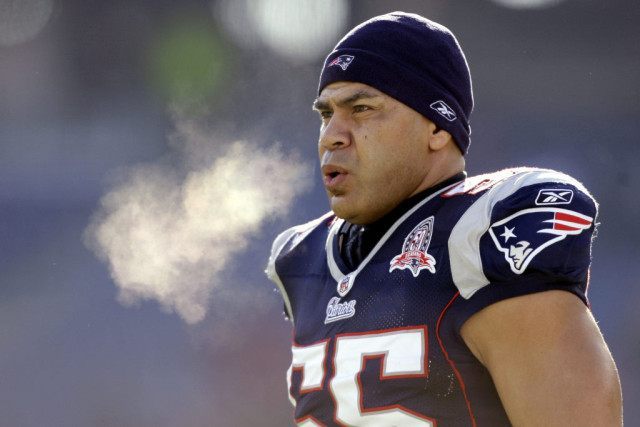A representative from the NFL told a congressional committee on Monday that a link “certainly” exists between football and the neurodegenerative disease chronic traumatic encephalopathy (CTE). Scores of medical journal articles insist that science attempting to establish such a link through a study, let alone proving one, remains a project for the future to embark upon.
Rep. Jan Schakowsky, D-Ill., asked the NFL’s senior vice president for health and safety whether a link exists between football and CTE. Jeff Miller, contradicting past declarations by league representatives, responded: “The answer to that question is certainly yes.”
Never ones to regard the National Football League as the final word on brain science, journalists nevertheless declared case closed. If the very league whose executives admitted under oath to an unfamiliarity with the Ideal Gas Law—the notion that weather conditions influence air pressure—says that football causes CTE, then it must be true.
Except science does not work that way. Studies come first, not conclusions. And in medical journals, if not on ESPN, scientists repeatedly explain that no causal relationship between CTE and contact sports has been established because no randomized studies exist to buttress this widespread belief.
The best in sports medicine gathered at the 4th International Conference on Concussion in Sports in Zurich declared:
[C]hronic traumatic encephalopathy (CTE) represents a distinct tauopathy with an unknown incidence in athletic populations. It was further agreed that a cause and effect relationship has not as yet been demonstrated between CTE and concussions or exposure to contact sports. At present, the interpretation of causation in the modern CTE case studies should proceed cautiously. It was also recognised that it is important to address the fears of parents/athletes from media pressure related to the possibility of CTE.
When five scientists, including University of Michigan NeuroSport program director Jeffrey Kutcher, wrote on CTE in 2013 in the British Journal of Sports Medicine, they regarded the declarations regarding causation as speculative rather than scientific. “At present, there are no published epidemiological, crosssectional or prospective studies relating to modern CTE,” they explained. “Owing to the nature of the published studies, being case reports or pathological case series, it is not possible to determine the causality or risk factors with any certainty. As such, the speculation that repeated concussion or subconcussive impacts cause CTE remains unproven.”
Last year an article in the peer-reviewed PLOS One described CTE research as “limited to selective case reports.” The half-dozen co-authors wrote, “There are no published systematic studies incorporating both sport and non-sport related head trauma populations. Based on this lack of data, it is currently impossible to determine the incidence of new cases occurring within contact sport. Additionally, overall prevalence of CTE amongst all cases of head trauma cannot be determined at this time. Finally, due to the fragmented data collected in case reports, no conclusions can be drawn about potential risk factors for developing CTE in contact sports.”
The recalcitrant declarations of these respected scientists may not mesh with conventional wisdom, but they do jibe with science. They also strike the layman as fairly easy to understand. Science cannot declare the cause of a brain disease based on anecdotes, particularly ones biasing a sample group because the cases came from decedents believed damaged during their lives. In the absence of a real study, we know neither the risk factors for CTE nor the prevalence of the disease in the general population or in more specific populations, such as professional football players.
It’s not at all unreasonable to believe that sports that see more concussions might see more neurological problems among the people who play them the longest and at the most intense level. But an educated guess does not meet the standards of the scientific method.
Daniel J. Flynn, the author of The War on Football: Saving America’s Game, edits Breitbart Sports.

COMMENTS
Please let us know if you're having issues with commenting.